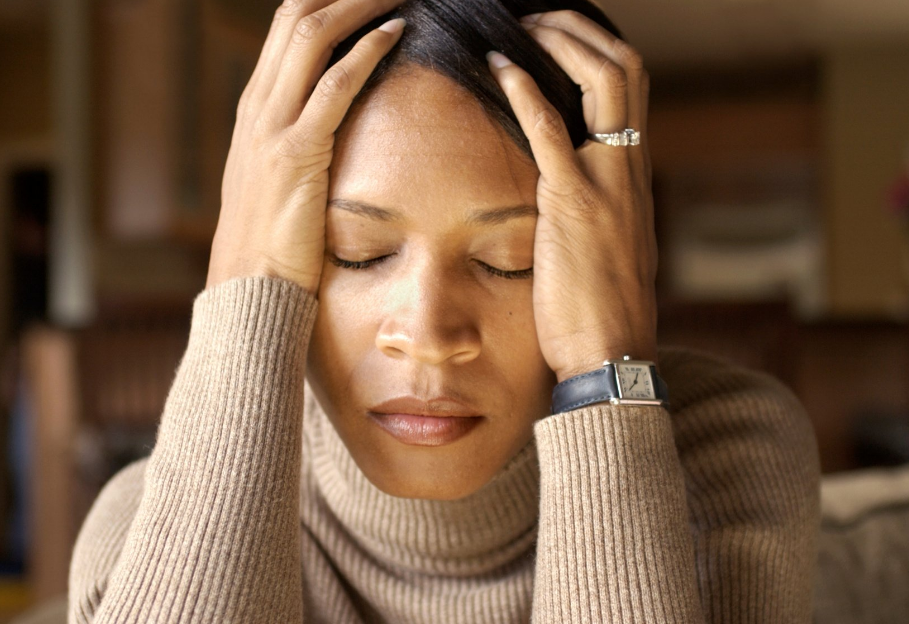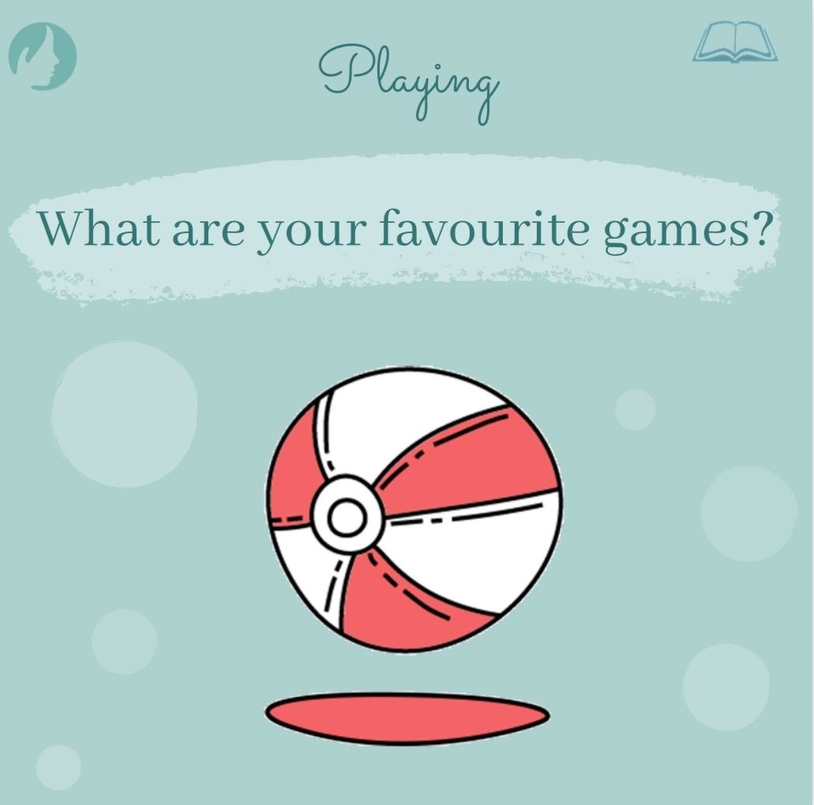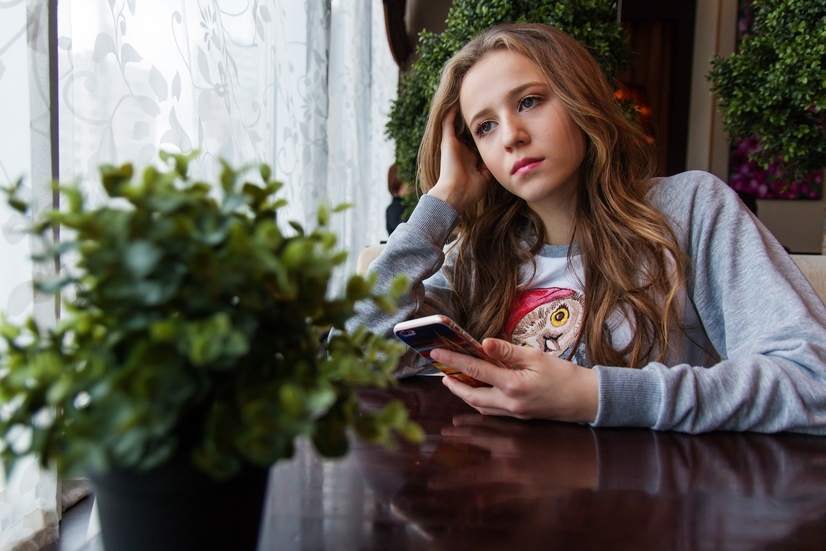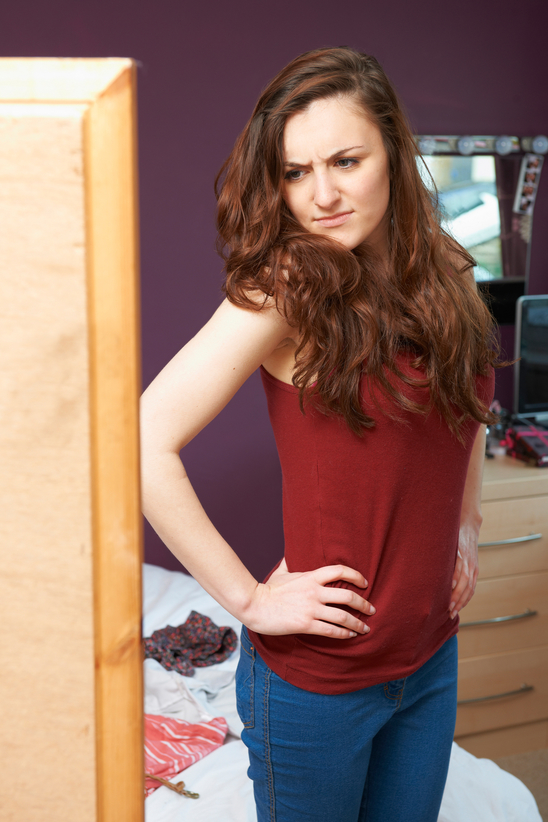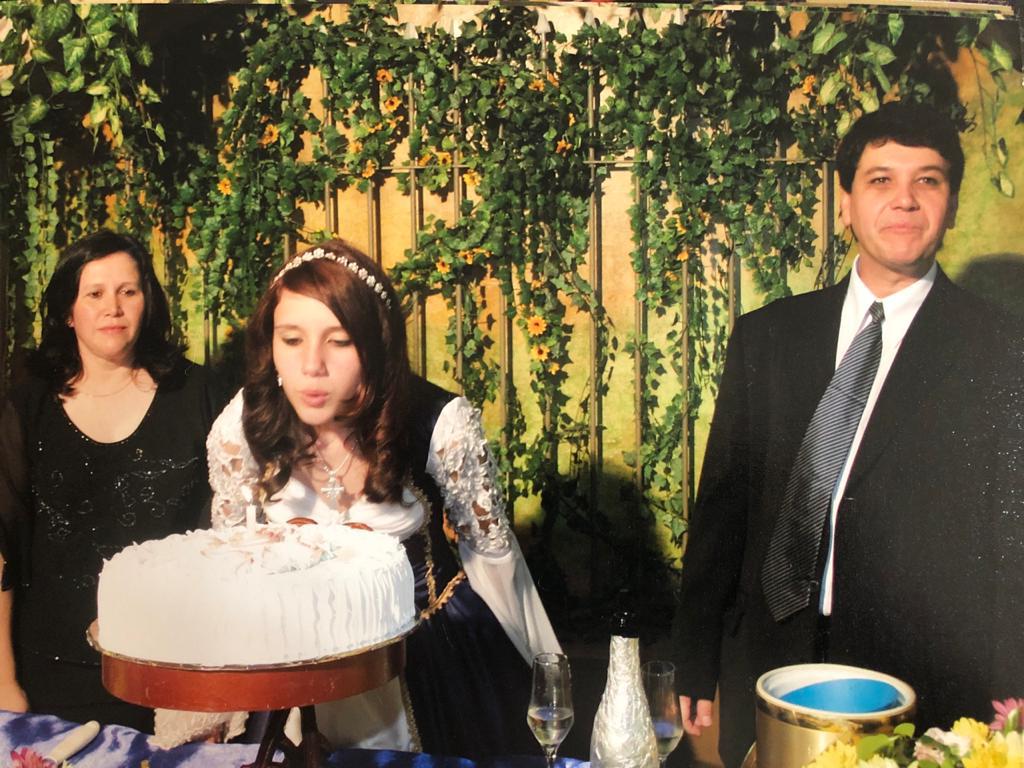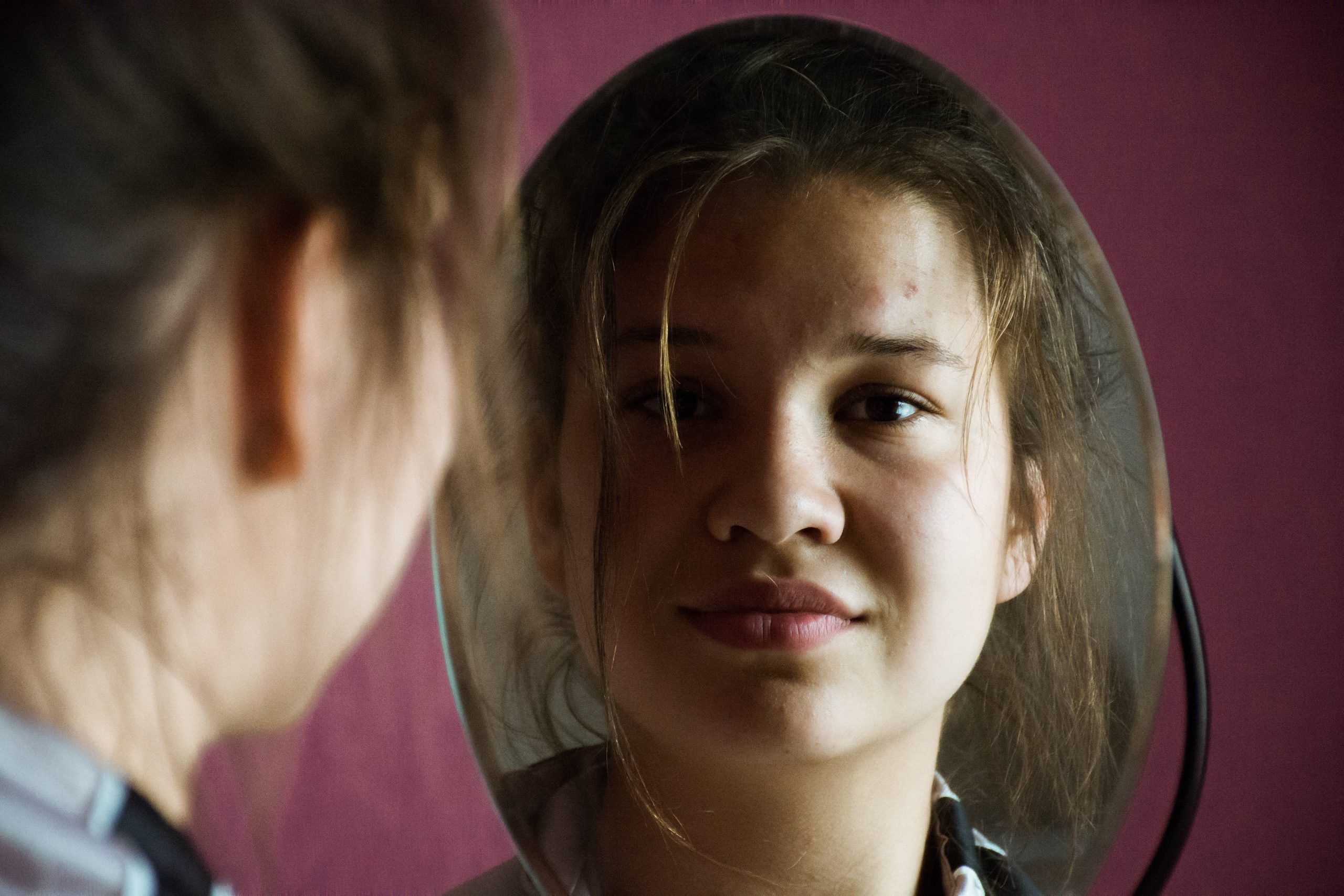I have grown so much since beginning the Girls’ Net Mentor training as a listener, woman, friend, mother, coach and mentor.
Continue readingMeet a Mentor – Charlotte
I’ve increased confidence as a parent and gained a purpose in life – one that’s meaningful, fulfilling and worth getting up early for.
Continue readingAre you burnt out? 4 recovery tips for parents
Being a parent is tough, and we all struggle sometimes, but just pushing yourself harder isn’t going to make things better. Self-care is child care.
Continue readingTeens on the internet – how could it be good?
Parents fear that technology will ruin children’s ability to form deep relationships; however, recent findings show that teens feel empowered and connected by being online.
Continue readingMaking a book activity 10: Play
You’re never too old to play. How do you like to have fun?
Continue readingThe virus from a child’s point of view
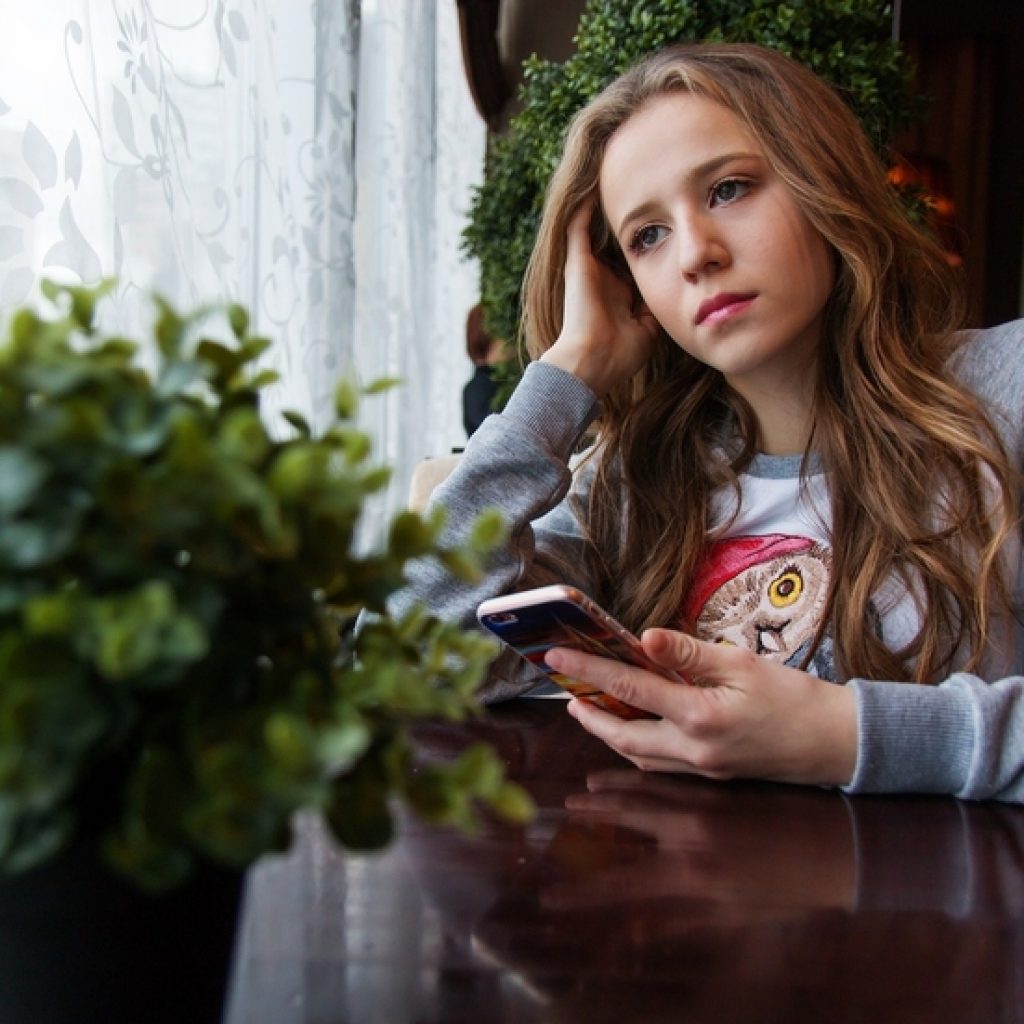
“It’s exciting, we won’t have to go to school!”
“My mum’s really worried, it’s all she ever talks about.”
“Dads work just closed, has he lost his job?”
“Will anyone come to my birthday party?”
“There’s no food in the shops, what are we going to eat?”
“I heard someone say even the hospitals are going to close, are we going to die?”
“It’s kind of fun and also scary at the same time. None of the adults seem to know what’s happening, even the doctors, and the government keeps changing its mind.”
There’s a feeling of emergency in the air. Our children are excited, anxious, confused and over-informed. Maybe we are too. And that’s okay, as long as we take our fear to other adults and don’t immerse our children in a sea of anxious conversations. Even if your children are too young for social media and your radio and television are switched off, they’ll still be picking up on however you’re feeling (they’re programmed to for their survival). And if your children are older, they might be riding the adrenaline high of obsessively checking their feeds and might not be able to discern what is true and what is sensational panic. Besides children don’t have the filters we do, they tend to believe everything and often don’t know how to rein in their frightening thoughts.
It’s a good time to teach our children:
| How to calm ourselves | |
|---|---|
| How to assess what information to trust | |
| How to take really good care of our health, when we’re well and when we feel poorly |
What great life lessons for you to pass on
How do you calm yourself?
We need to do this for ourselves first, so we don’t leak fear, and can then pass onto our children tools to calm themselves. You know how to do this, we just sometimes forget in times of stress.
Let’s share what we know. Please add your suggestions in the comments below…
eg audio books, warm bath, talking about worries, listening to music, baking, breathing out slowly, doodling, connecting with friends…
How do you assess what information to trust?
Talk to your children about how we decide if something we hear or read is true.
How do we take really good care of our health?
Now here’s the point of all those biology lessons! Discuss what boosts our immune system: sleep, exercise, fresh air, good food, plenty of water, fun, friends, family… what else?
And explain that a high temperature is a sign of your body working well, heating up to destroy the virus. Feeling tired is your body’s call to rest so you can give all your energy to healing. Help your children not to feel scared of the symptoms but to understand that it’s the body doing its job of getting better.
Watch Kim’s video: What to say to our children about the coronavirus – three tips for parents.
Does my bum look big in this?
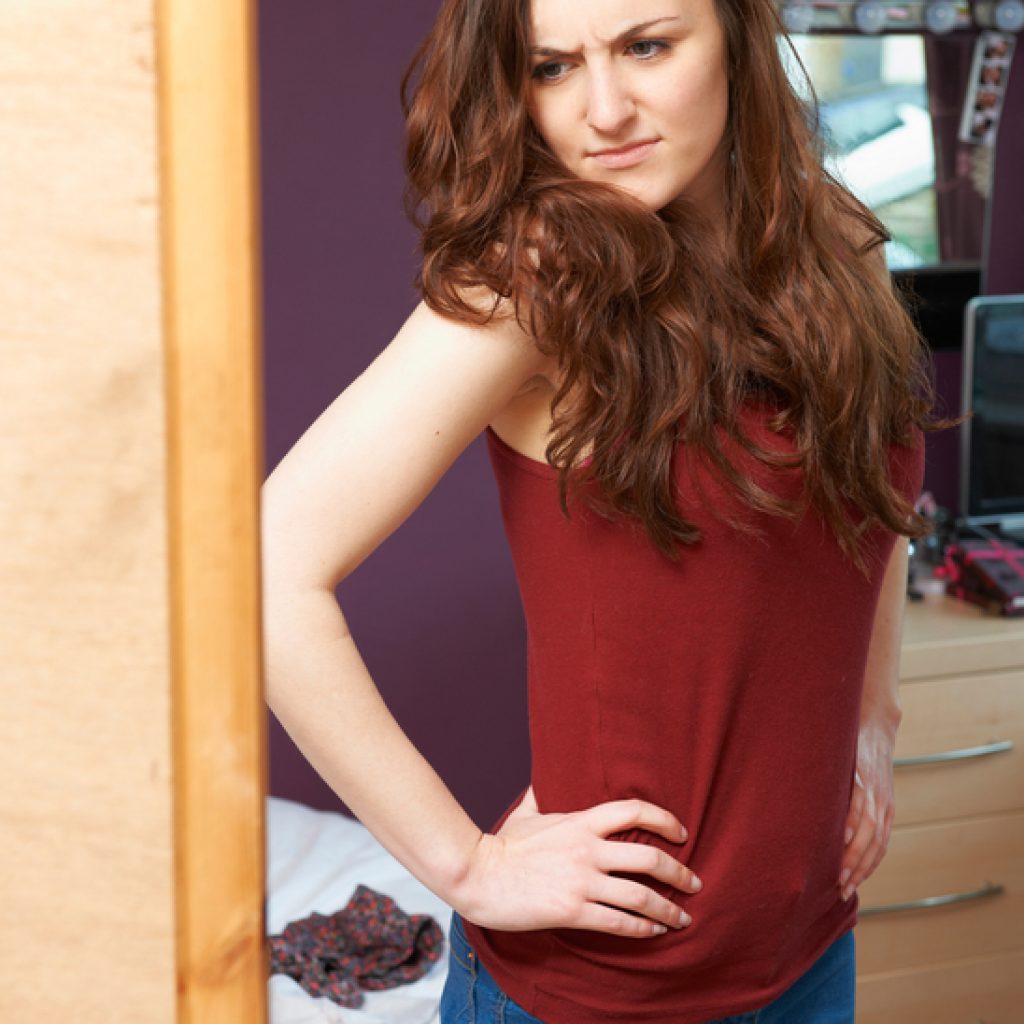

Everyone worries about what they look like, don’t they? Immersed in a culture that idealises looks, worrying about weight and appearance is so all-pervasive that we hardly question it. The focus ought to be on what creates this anxiety, not on how we can live with it or how we can reduce it by losing weight and altering our appearance.
Before they even reach their teens, most girls have a troubled relationship with their bodies. They worry about how they look, being fat, having hair in the wrong places, not being tanned, their skin, hair, nose, bum. Many teenage girls already have a regime of painting their faces, shaving and coiffing. Most girls have tried skipping meals and eating less in an attempt to be thinner. Children are fed a constant diet of images showing them how women are meant to look and behave. Greater importance seems to be given to how we seem and what we have, rather than what we do or who we are.
We surround our girls with images of idealised female perfection. Just as they become more curvaceous and hair is growing in new places, they are also contending with spots, greasy hair, mood swings and self-consciousness. And, as if that isn’t enough, they are bombarded with messages that they must work hard to get their bodies looking a certain way. Hair must be removed, coloured, straightened, styled. Skin must be clear, tanned, soft. Tummies flat, hips narrow, waist trim, legs long. With images now digitally altered, girls strive for a type of female beauty that is impossible to attain.
Women’s bodies are used everywhere to sell cars, perfume and chocolate, on billboards, magazines and television. On the screen our heroines are slim, feminine and blemish-free. Models on the catwalk and in the shop window are dangerously underweight. Pop stars gyrate provocatively, and women depicted in computer games have taken Barbie to a whole new level of improbable proportion, peddling fake dreams of mastery, agility and sensuality. You see it without looking.
The boys are watching online porn and then want their girlfriends to re-enact what they have seen. They expect long, slender legs, big breasts, slim waist and no body hair. Women’s bodies are revealed to sell all kinds of products, but frowned upon if seen breastfeeding. Women in the west have the lowest body-confidence, with few able to say they like their bodies. Girls who start life loving their big tummies and their fascinating toes learn to judge and find fault with their figures. Life-threatening eating disorders are on the increase, and women mutilate their bodies, spending increasing millions on cosmetic surgery.
No matter how much you love her, love the way she looks and let her know this, other forces are at work that will cut across all this and destroy your daughter’s easy self-acceptance.
How you can help your girl to keep loving her body:
• Bother to take care of yourself. It really works! Good food, sleep and exercise will increase your body-esteem. It sets an example.
• Practise looking at your body in the mirror with kind eyes.
• Exercise and eat for health rather than to lose weight.
• Never criticise your body in front of your daughter.
• Never criticise your daughter’s body.
• Limit your spending on your appearance.
• Reduce your exposure to glossy magazines and celebrity gossip.
• Fill your life with real people.
This is how we liberate ourselves and our daughters too!
Chapter seven of Kim McCabe’s book ‘From Daughter to Woman‘ is full of tips and tools for helping your daughter to feel good about herself.
‘Festa de quinze anos’ – we wait for it, we dream about it
Rites for Girls is bringing back the coming-of-age rite of passage which gives dignity and power to girls as they journey towards womanhood.
Continue readingFind your brave
Bravery looks different for everyone. Here’s how we can help our children find their brave…
Continue readingHold a mirror up for your daughter — tell her what you see
Teens can get a bit obsessed with checking themselves in the mirror, it’s partly because they become intensely self-conscious in these years but also because they’re looking to see who they are. Help your child to find herself by telling her what you see.
Continue reading

